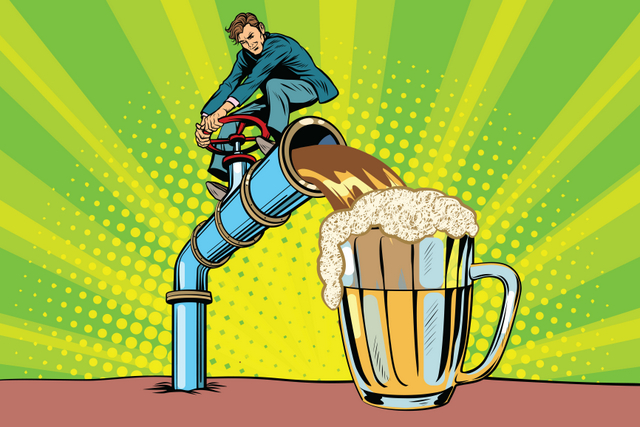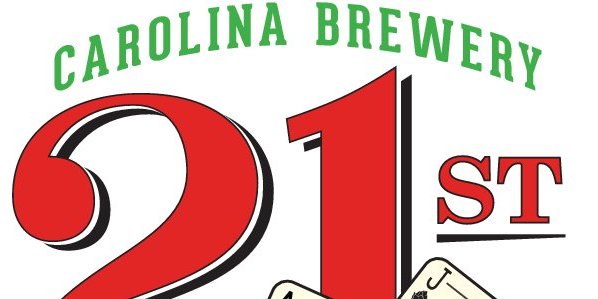
It felt like a long shot, yet there were hopes for a close vote. But in the end, North Carolina House Bill 500 did not even come up for a vote, and even if it had, the bill would have already been stripped of language to raise the self-distribution cap for craft breweries from 25,000 to 200,000 barrels (bbls). Why was this bill doomed for failure?
Wholesalers and distributors.
From wral.com:
North Carolina Beer and Wine Wholesalers Association chairman Tim Efird is president of Standard Distributors in Gastonia, which he described as one of the smaller distributors in the state.
“House Bill 500 would put my business at serious risk, along with the businesses of my fellow wholesalers,” Efird warned the committee last week, talking about the investment wholesalers make in branded trucks and refrigerated warehouse space. “What wholesaler would be willing to take on and invest in new craft brewers? The risk would far outweigh the reward in this scenario.”
The distributor is the legal and required middle man for alcohol producers. It’s a concept from the 1930s, born out of Prohibition. While distributors can be great resources and partners to craft breweries, they should not be allowed to regulate how their clients operate. It’s a system run on self-interest. While House Bill 500 did not have its day in committee, it may be back. And even without the production cap expansion, it has some good ideas. From wral.com:
Craft Breweries Guild executive director Margo Metzger told the committee that her group is “indeed disappointed that the marquee provisions of the bill have been removed” but said brewers support the remaining “extremely important incremental changes” in the measure, including allowing tap rooms to sell beers brewed at other facilities and allowing farm breweries to serve beer on site.





Leave a Reply
You must be logged in to post a comment.